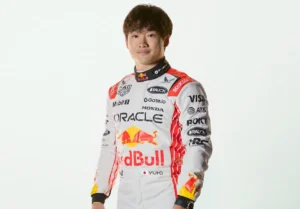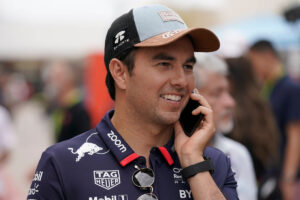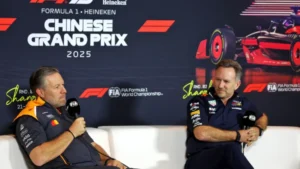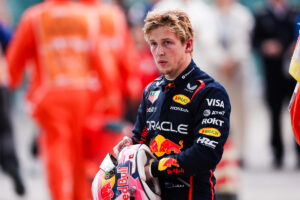Just In: Las Vegas Grand Prix changes CONFIRMED following…read more
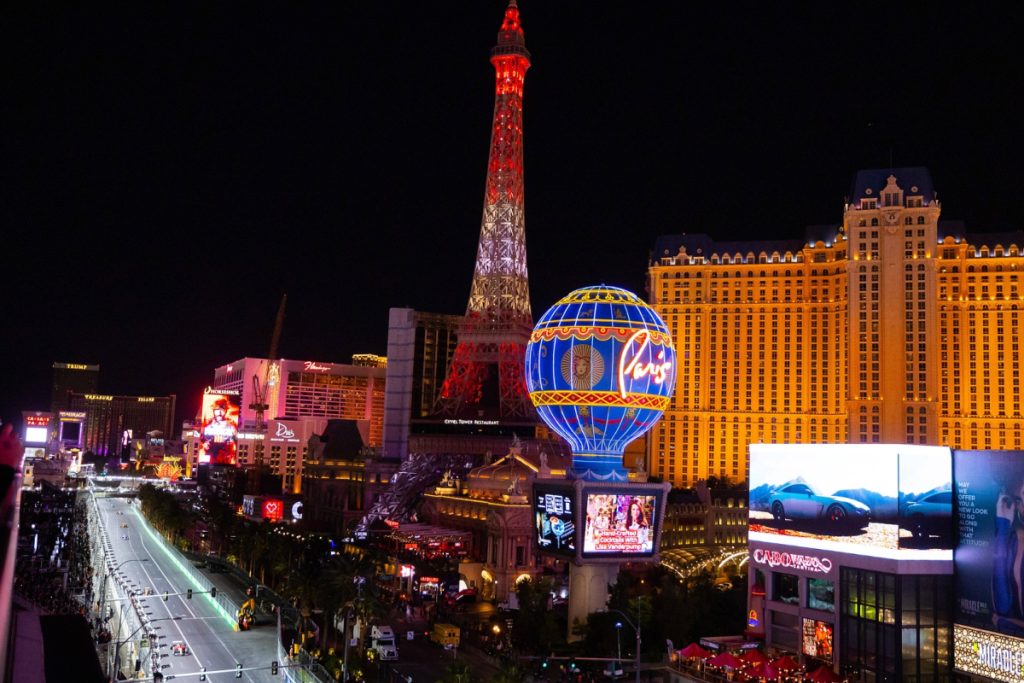
Las Vegas Grand Prix changes CONFIRMED following…read more
The Las Vegas Grand Prix has implemented significant changes for its 2024 edition following criticism from local businesses and residents after the inaugural race in 2023.
The 2023 event marked Formula 1’s return to Las Vegas after 39 years, with a spectacular race on the newly introduced Las Vegas Street Circuit, which features the iconic Las Vegas Strip.
Max Verstappen secured victory last year, but the event was marred by several issues.
Fans were particularly upset during the first practice session when delays caused by a loose drain cover forced FP2 to proceed without spectators.
Adding to the discontent, local businesses along the Strip and Koval Lane, both part of the 3.8-mile circuit, reported significant disruptions.
Two businesses even sued the organizers, citing “wrongful interference with business rights” and financial losses.
Residents also expressed frustration over inconsistent road closures that affected their commutes, with complaints about the lack of timely communication from organizers.
Steve Hill, CEO and president of the Las Vegas Convention and Visitors Authority (LVCVA), acknowledged the challenges of organizing a high-profile race on one of the busiest streets in the world.
Speaking to Motorsport.com, Hill explained that the inaugural race required eight months of construction to build the circuit and install necessary barriers, a process that placed a heavy burden on the city.
However, Hill emphasized that this year’s preparations have been significantly smoother.
Unlike the inaugural event, this year’s race does not require the construction of entirely new roadways.
Organizers have also applied lessons learned to minimize disruptions and improve coordination with the community.
Hill stated that the 2024 preparations were designed to balance the needs of all stakeholders, including local businesses, residents, sponsors, and the resort community.
“This year, the community knows more about what to expect,” Hill said, adding that the planning process aimed to reduce inconvenience for residents while maintaining the race’s appeal.
The improvements reflect a broader effort to make the event sustainable for the city.
According to Hill, achieving this balance is essential to ensure that the Las Vegas Grand Prix becomes a long-term success.
By addressing concerns and streamlining operations, organizers hope to deliver a race experience that benefits both Formula 1 and the Las Vegas community.
The changes aim to ensure that the glamour of racing on the Strip doesn’t come at the expense of the city’s everyday functioning, marking a step toward aligning the event with the expectations of all its stakeholders.

